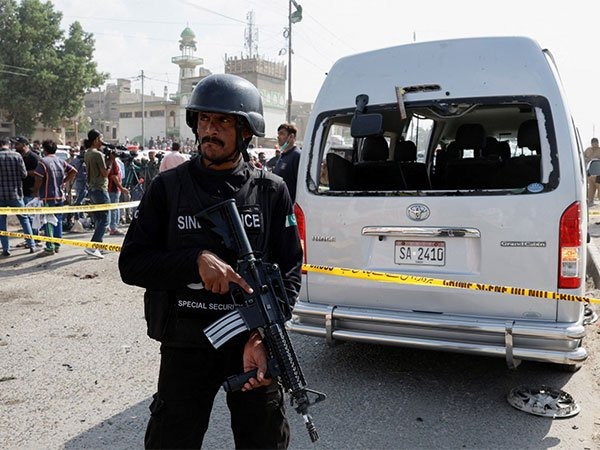The incidents of street and highway crime have increased significantly in several major cities of Pakistan, including Karachi and the capital Islamabad, amid the nation’s ongoing economic challenges.
In May, a university student in Karachi was killed in a gun battle with two suspected robbers on the Superhighway. The 22-year-old victim, returning home with a relative on a motorcycle, confronted the armed muggers and managed to shoot them with his licensed pistol before succumbing to his injuries, according to reports.
This tragic event is part of a larger trend. Karachi, the largest city in Pakistan, has seen over 250 people shot dead and 1,052 others injured by street criminals between 2022 and March 2024, according to data presented in a high-level security meeting and reported by Dawn. The rise in violent highway and street crimes has been significant over the past three years, with the number of people killed by muggers increasing from around 30 before 2022 to 111 in 2022 alone.
Latest data indicates that at least 68 people have been shot dead by muggers in Karachi during the first five months of 2024, though local authorities claim the number is slightly lower at 52. In February, newly elected Sindh Chief Minister Murad Ali Shah was informed that armed robbers had killed 23 citizens in Karachi during January and February, as per Dawn’s reports.
Sindh police’s Inspector General Riffat Mukhtar revealed during a meeting chaired by the Chief Minister that nearly 4,000 mobile phones were snatched at gunpoint in Karachi in the first two months of 2024. Additionally, 46 cars and 1,537 motorbikes were stolen by street criminals during this period.
The rising trend of street crimes is not confined to Karachi. In Islamabad, incidents of mobile phone snatching, carjacking, and motorcycle theft have increased significantly this year, according to a report by Business Recorder. Gangs of street criminals have been particularly active in areas under the jurisdiction of Khanna, Kohsar, Aabpara, Industrial Area, Hummak, Karachi Company, and Lohi Bher police stations.
Senior police officials attribute the rise in violent street crimes to skyrocketing inflation, economic difficulties, and unemployment over the past three years. They also blame poor policing practices, particularly at lower levels, for exacerbating the situation. According to Dawn, some police inspectors have been accused of running ‘vice dens’ instead of focusing on crime control.
Former chief of the Citizens Police Liaison Committee (CPLC) in Sindh, Sharafuddin Memon, noted that citizens have lost confidence in law enforcement and have begun to resist robbers, leading to more violent encounters. Memon also pointed out that the rise in street crimes is linked to bad economic conditions, particularly in slum areas where youth are jobless and lack education and entertainment options.
The increasing number of violent crimes underscores the need for comprehensive measures to improve economic conditions and strengthen law enforcement to ensure public safety.









































